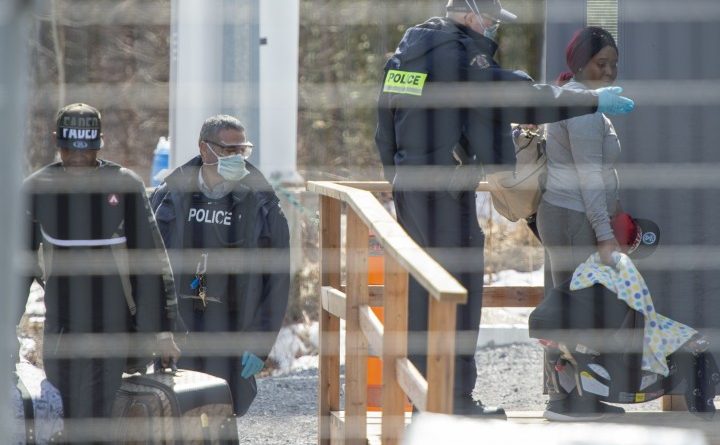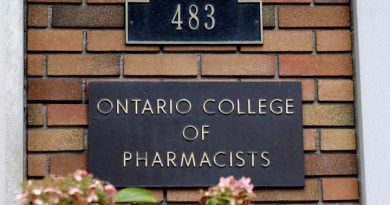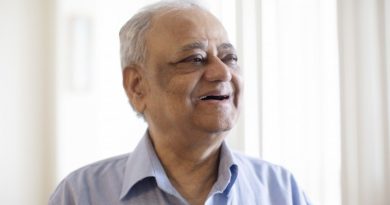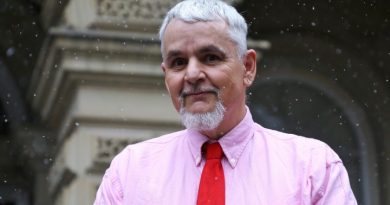Asylum seekers to be turned back at U.S. border, prime minister says
OTTAWA — Asylum seekers crossing into Canada on foot from the U.S. will be turned back as part of the border shutdown between the two countries.
Prime Minister Justin Trudeau made the announcement Friday, hours before the closure to all but essential travel between the two countries was to go into effect.
The Liberal government had previously been planning to place the border crossers into mandatory self-isolation, starting Friday.
But Trudeau said an agreement has been reached in the last 24 hours with the U.S. that they will just be turned back.
He called the decision a response to extraordinary times, but also in line with how Canada treats asylum seekers who show up at official border offices — they too are turned back into the U.S.
“We also have ensured we are comfortable with this process as being in line with Canada’s values on the treatment of refugees and vulnerable people,” he said.
The move comes after years of pressure on the Liberal government to close a loophole in the Safe Third Country Agreement, the deal with the U.S. that governs asylum claims made at the border.
As written, the agreement says people can’t show up at a land border office and ask for refugee status; thousands of people in recent years have gotten around that by crossing at informal points. The best known is one in Quebec called Roxham Road.
The emergence of the COVID-19 pandemic had renewed calls from the Quebec government, and other politicians, for the government to find a way to cut off the flow of migrants.
But the move stunned the Canadian Council for Refugees.
“During a pandemic, we must uphold our commitments to protecting the rights of refugees and vulnerable migrants. This includes our fundamental legal obligation to not turn refugees away at the borders,” said Janet Dench, the organization’s executive director, said in an email.
“We are shocked that the government of Canada is not prepared to live up to that commitment.”
© The Canadian Press, 2020. All rights reserved. This material may not be published, broadcast, rewritten or redistributed.




